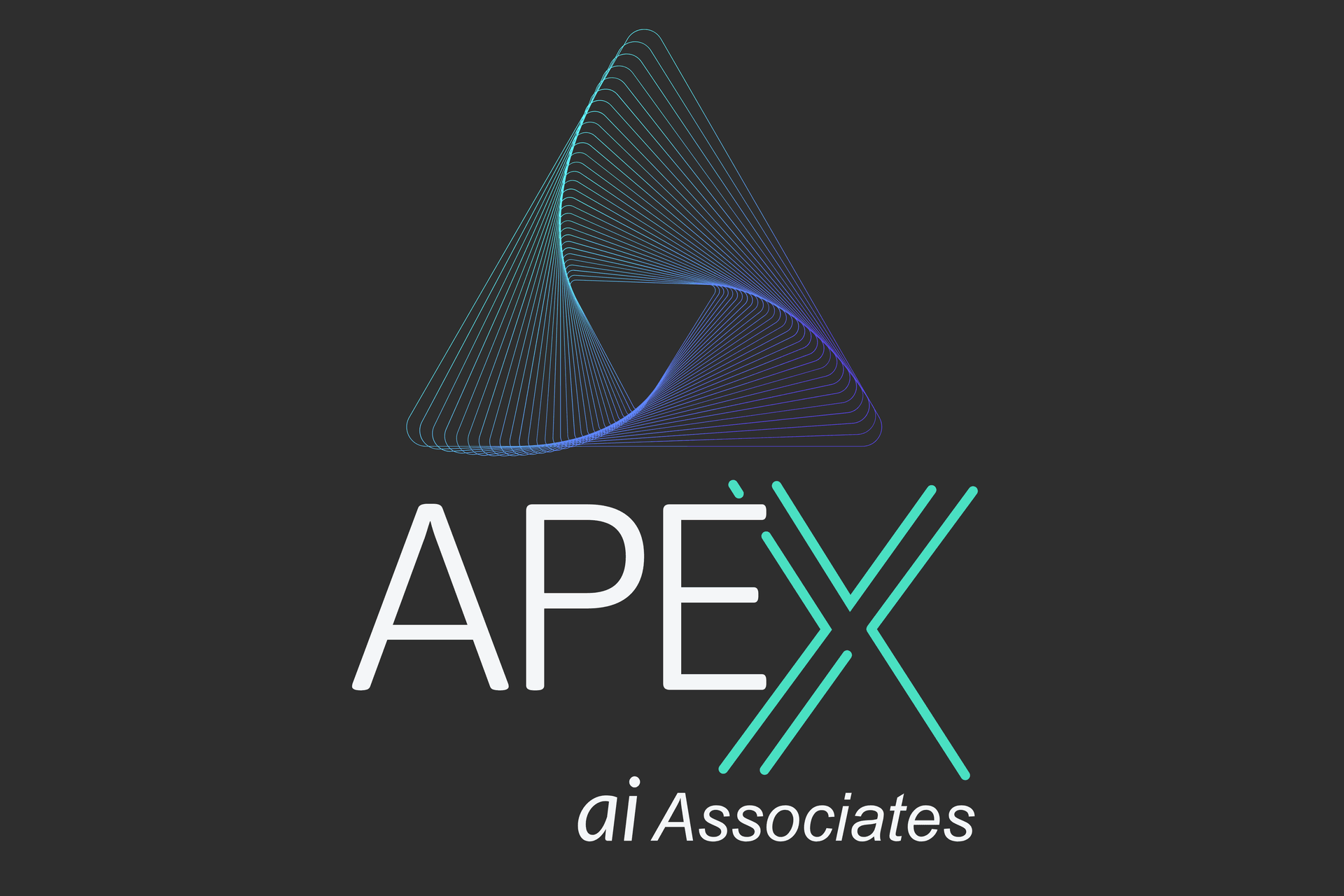AI vs. Traditional Consulting: Understanding the Differences
Introduction
In today’s rapidly evolving business landscape, the integration of technology is transforming how companies operate. One of the most significant developments is the rise of Artificial Intelligence (AI) in consulting. While traditional consulting has long been a cornerstone of strategic business decision-making, AI offers new opportunities and challenges. Understanding the differences between these two approaches can help businesses make informed choices about which path to pursue.
The Role of Traditional Consulting
Traditional consulting involves human experts who provide specialized advice based on their experience, expertise, and industry knowledge. This approach is highly personalized, with consultants working closely with clients to understand their unique challenges and develop tailored solutions. The process often includes in-depth analysis, strategic planning, and implementation support.
One of the key advantages of traditional consulting is the personal touch and relationship-building it fosters. Consultants can adapt their strategies based on real-time feedback and changes in client needs. This flexibility can be crucial for businesses facing complex or nuanced challenges that require a deep understanding of human factors.

The Rise of AI in Consulting
AI consulting, on the other hand, leverages advanced algorithms and data analytics to provide insights and recommendations. AI systems can process vast amounts of data quickly and accurately, identifying patterns and trends that might be missed by human consultants. This capability is particularly beneficial in areas such as data analysis, forecasting, and operational efficiency.
AI can offer a level of precision and speed that traditional methods may struggle to match. By automating routine tasks, AI allows businesses to focus on strategic initiatives rather than getting bogged down by day-to-day operations. Additionally, AI-driven insights can help companies make data-informed decisions that are more accurate and timely.
Comparing Human Expertise and Machine Efficiency
While both AI and traditional consulting have their strengths, they also come with limitations. Human consultants bring a wealth of experience and the ability to navigate complex interpersonal dynamics, which machines currently cannot replicate. However, they may not match the processing power and data analysis capabilities of AI systems.
Conversely, AI's reliance on data can be a limitation in scenarios where qualitative insights are critical. Machines may lack the intuition or emotional intelligence that human consultants possess, which can be essential in certain strategic decisions or negotiations.

Choosing the Right Approach
For businesses deciding between AI and traditional consulting, it is essential to consider their specific needs and goals. Factors such as the complexity of the problem, the volume of data involved, and the importance of personal interaction should inform their choice.
In many cases, a hybrid approach that combines the strengths of both AI and traditional consulting may be the most effective solution. By leveraging AI for data-driven insights and human consultants for strategic guidance and implementation, businesses can achieve a balanced approach that maximizes results.
The Future of Consulting
As AI technology continues to advance, its role in consulting is likely to expand. However, this does not necessarily mean the end of traditional consulting. Instead, we may see a more integrated model where human expertise is augmented by AI capabilities, leading to more innovative and effective solutions.
Ultimately, the key to success in this landscape will be adaptability. Businesses that can harness the strengths of both AI and traditional consulting will be best positioned to thrive in an increasingly competitive environment.

Conclusion
In conclusion, while AI and traditional consulting each offer unique advantages, understanding their differences is crucial for making informed decisions. By recognizing when to leverage human expertise and when to rely on machine efficiency, businesses can navigate their strategic challenges with confidence and insight.
The future promises exciting developments as these two approaches continue to evolve and complement each other. Organizations that embrace this evolution will find themselves at the forefront of innovation and success.
